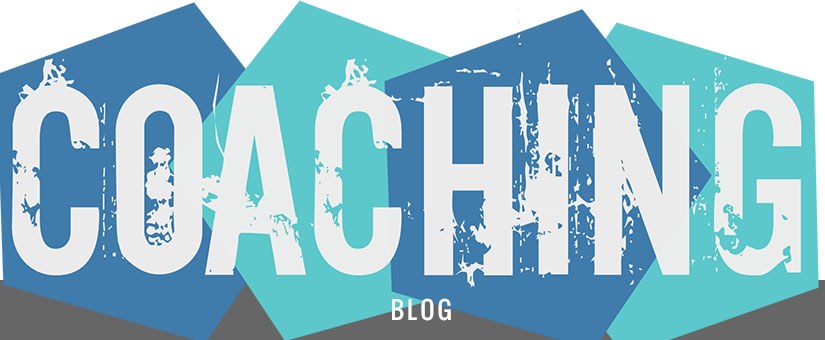
Coach Your Drivers To Safety And Success, Part 1
From the youngest age, to the end of their careers, people are coached – babies learning to walk, school children mastering a new skill or professional athletes looking to better their game. Coaching is a way of life. Yet, at some point in time, many people feel that they don’t need to improve – or think of coaching as a disciplinary measure.
Nothing can be further from the truth. Particularly when someone has been doing the same job for many years and gets stuck in a routine. It’s easy to simply go through the motions and not realise that bad habits have begun to creep in. But, how do you introduce coaching into your work environment? How do you maintain coaching as part of your culture? How do you measure the results of your efforts?
For many drivers, they began learning the skills they use today as early as 17 years old, when they got their first driver’s license. Those skills were embedded in their daily routine and simply became a way of life. New skills were added when they acquired their commercial driving license, but for some drivers, that might have been 20, 30 or even 40 years ago. It’s easy to develop habits that might make driving seem easier, skip what may seem routine to get somewhere quicker or get through the day without even realising that rules or procedures are not being followed.
When embarking on a driver coaching programme, it’s important to understand where to start, which can vary depending on your role within your organisation. Once you’ve decided where you will start, it’s important to understand what effective coaching really is and how to measure the results of your efforts.
In this series of blog posts, we’ll examine different aspects of driver coaching and provide tips and tricks to improve your effectiveness. Let’s get started!
Why coach?
Before starting a coaching programme, it’s important to understand why you’re coaching and how you’re going to do it. A crucial first step is ensuring everyone involved is aligned with your answers to the following questions:
What is most important to my fleet?
- Am I willing to sacrifice safety for the sake of operations?
- Am I willing to sacrifice safety for the sake of short-term profitability?
There is no customer or amount of money worth someone’s life. If you are dedicated to operating safely, the business will come.
Why are we coaching?
- Are we trying to build a file for upcoming legal action?
- Are we interested in improving the overall safety of our fleet and avoiding legal action by not having a collision or personal injury claims in the first place?
There is no better fix for collisions than not having one in the first place. If you do have a collision, you’ve got plenty of coaching data to help make your case.
How are we going to coach?
- Are you able to meet on a timely basis or will coaching be delayed due to your workload or your driver being on the road for long periods of time?
- Are you able to communicate openly with your driver to effect change in your fleet?
Tell drivers you care, look them in the eye and ask about what’s going on that could be the cause of the behaviour. Let them open the conversation and you direct the conversation toward correcting the behaviour.
Many coaches were drivers and have been promoted to a supervisory position; unfortunately, many never received coaching training. Having a specific method to follow during the coaching process ensures fairness and an unbiased review of each driver’s performance. To ensure your coach is as effective as possible, be sure they have the tools necessary to be successful:
- Efficient managed service programme … allowing them time to coach drivers, not review events
- Accessible Response Center … providing the critical information they need to coach effectively
- Easy, yet powerful, coaching workflow … providing three simple steps to success
- Handy driver mobile app … for remote self-coaching
To gain more insights into coaching, download the eBook, “Coach Your Drivers to Safety and Success” today!
Next week we’ll delve into the value of expert analysis in the coaching process.
- Posted by Eduardo Valencia
- On July 4, 2019

